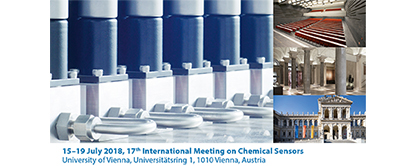Plenary speakers
The following persons have confirmed to give a plenary talk during IMCS 2018:
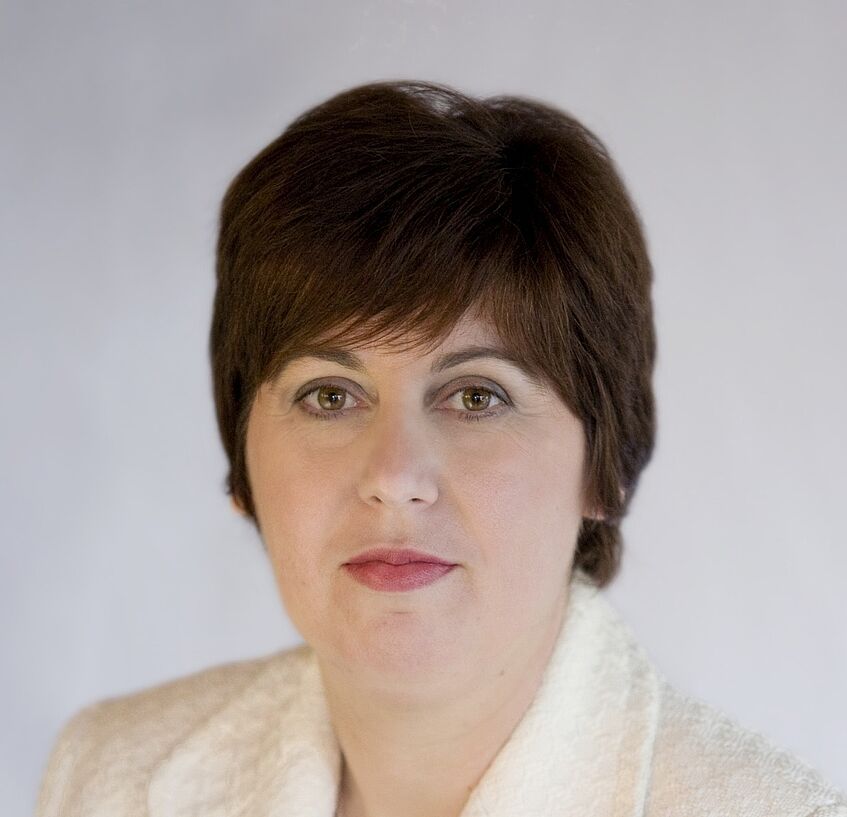
Prof. Perena Gouma
Edward Orton, Jr., Chair in Ceramic Engineering; Professor at the Department of Materials Science & Engineering; Professor at the Department of Mechanical and Aerospace Engineering at the Ohio State University.
Dr. Pelagia-Irene (Perena) Gouma is currently the Edward Orton Jr., Chair in Ceramic Engineering at The Ohio State University. Her previous appointment was with the Institute of Predictive Performance Methodologies (IPPM) and with the MSE Dept. (tenured Full Professor) at the University of Texas-Arlington. Before that, for 16 years, she was a Professor at the State University of New York in Stony Brook, and the Founder and Director of the Center for Nanomaterials and Sensor Development (CNSD). She holds a B.Sc. degree in Applied Physics from the Aristotelian University in Thessaloniki Greece; a M.Sc. (Eng) degree in Materials from the University of Liverpool, UK and a M.Phil in Organizational Management from the same Institution. She received her Ph.D. in Materials Science and Engineering from The University of Birmingham in the UK. Dr. Gouma’s research activities involve the synthesis and characterization of nanomaterials for bio-/chemical sensors and biotechnology as well as the development of artificial olfaction systems (breath analyzers, electronic noses and tongues). Dr. Gouma has established novel and highly successful programs on nanomedicine, with emphasis on the development of non-invasive breath and skin-based diagnostic tools. She has been featured as an expert in nanomaterials, ceramics, and sensors in numerous press releases (Science Nation, IOP, Science press, NPR, NBC news, Fox news, Fast Company, etc.). She has published 135 peer-reviewed articles, 18 book chapters and editorials, and a monograph. She also holds 18 patents (both US and International). She is a member of the National Academy of Inventors, she was a Fulbright Scholar to UNICAMP in Brazil, and she has received the prestigious Richard M. Fulrath award of The American Ceramic Society. She was the sole Chair of the 2011 ISOEN Conference.
Dr. Gouma can be reached at: gouma.2@osu.edu.
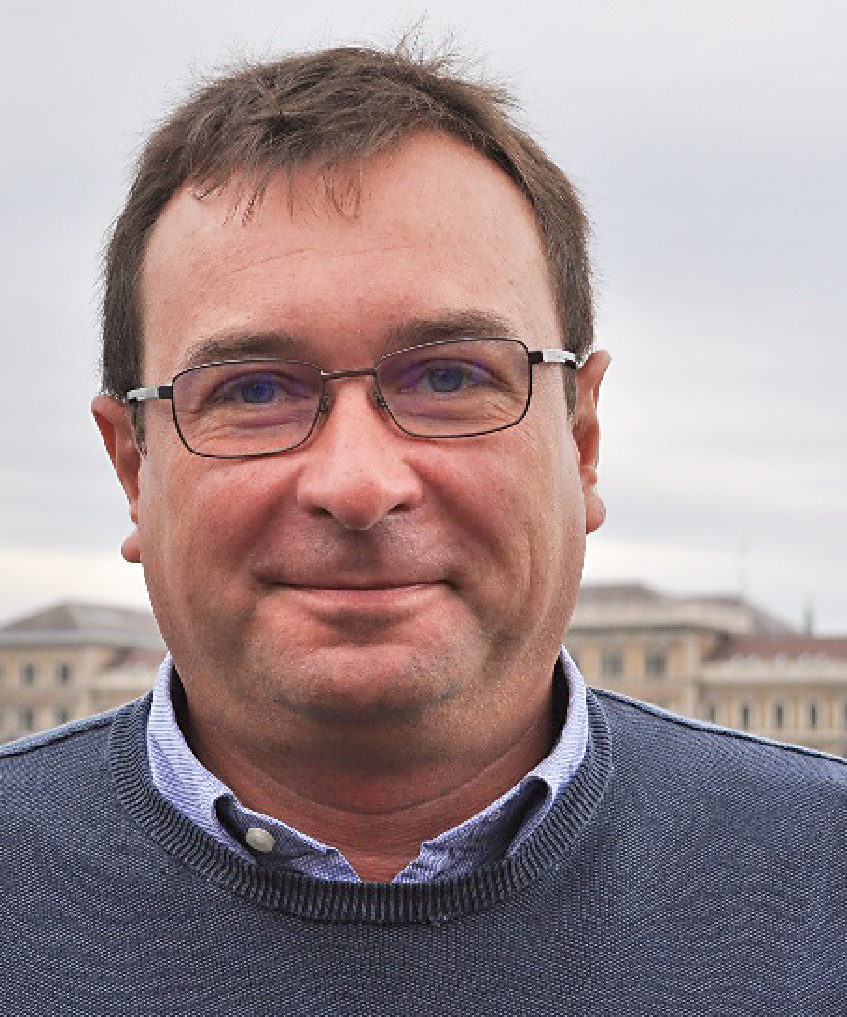
Prof. Robert Gyurcsányi
Head of the MTA-BME "Momentum" Chemical Nanosensors Research Group (a research group of excellence of the Hungarian Academy of Sciences) and of the Electrochemistry Group founded by Volkswagen AG at Budapest University of Technology and Economics. He serves also as Editor of Sensors and Actuators B: Chemical (from 2012) and as editorial advisory board member of ACS Sensors.
Dr. Gyurcsányi received his PhD in Chemistry at the Technical University of Budapest in 1999, with further training at Duke University (USA) and PIDC (Taiwan). He moved to a postdoctoral fellowship at the Joint Program in Biomedical Engineering of the University of Tennessee Health Science Center and University of Memphis and then with the Wilhelm Simon postdoctoral fellowship at the Organic Chemistry Laboratory of ETH Zürich. He got tenured in 2004 at Budapest University of Technology and Economics. His research interests include electrochemical (bio)sensing with emphasis on nanoscale aspects (e.g., ion-selective nanochannels, nanopore-based sensing), low-cost bioassays, SPR imaging, as well as synthesis and application of synthetic ligands for chemical sensing. Recently he is also interested in understanding the aging mechanism of Li-ion batteries. He has published ca. 90 papers and 6 book chapters on chemical sensing. Dr. Gyurcsányi has been a Gates Foundation grantee and recipient of the Talentum Prize in Natural Sciences, granted by the Central-European Talent Search Foundation. His awards include the Albert Szent-Györgyi Prize, Bolyai Plaquette and Ernő Pungor prize. Since 2005 serves as member of the organizing committee of the International Conference on Electrochemical Sensors (Mátrafüred Series).
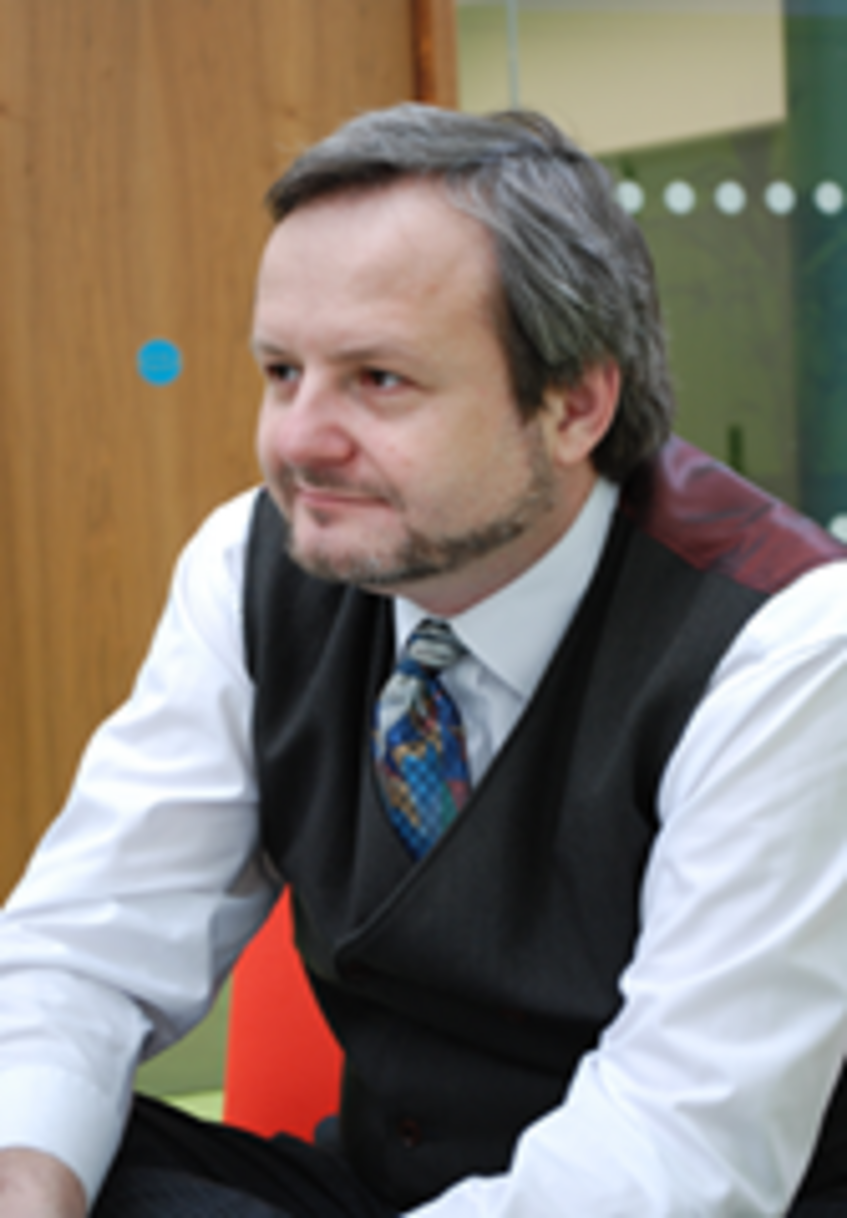
Prof. Sergey A. Piletsky
Head of Leicester Biotechnology Group, University of Leicester
Prof. S. Piletsky began his research career in 1985 after graduation from Kiev State University with a M.Sc. in Bioorganic Chemistry. In 1991 he received Ph.D. from Kiev Institute of Bioorganic Chemistry. Since 1992 he worked on the development of sensors in world leading laboratories such as Prof. Karube in Tokyo University and Prof. Wolfbeis in Regensburg University. In 1998, he joined Prof. Turner in Cranfield University as Senior Research Fellow. In 2002 Sergey became Professor of Bioorganic and Polymer Chemistry and Head of Cranfield Biotechnology Centre. The aim of his research is on the development of a new generation of imprinted polymers which could be used as an alternative to enzymes, antibodies and receptors in sensors and affinity separation. For his scientific achievements Sergey received number of awards such as JSPS, DFG and Leverhulme Fellowships, the award of the President of Ukraine and Royal Society Wolfson Research Merit Award, and DSc from Cranfield University in 2014. Sergey has published more than 310 papers in the international peer-reviewed journals and patent applications (H-index- 55). In 2013 Sergey has moved his group to the University of Leicester where he is working now as a Head of Leicester Biotechnology Group.
Professional interests: (i) Biomimetic molecularly imprinted polymers (MIPs); (ii) Computational design and molecular modelling; (iii) Bioanalytical chemistry - design of sensors and assays for clinical and environmental diagnostics; (iv) Nanoparticles for diagnostics and therapeutic applications.
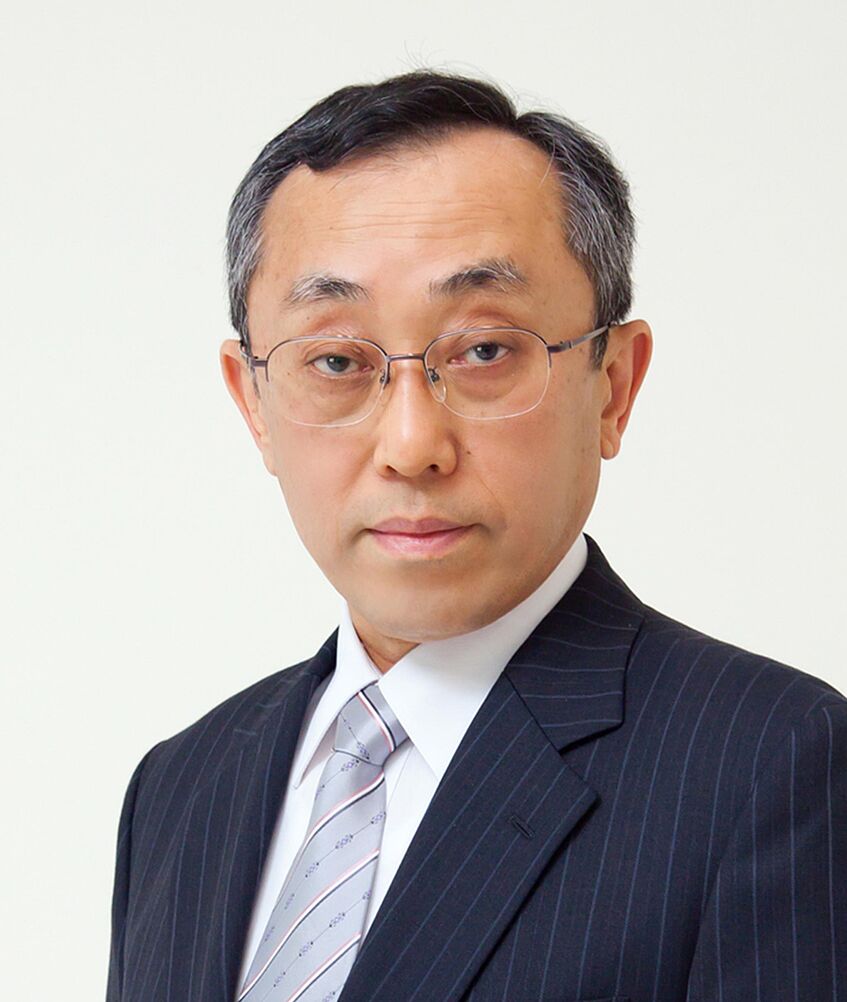
Prof. Yasuhiro Shimizu
Professor, Graduate School of Engineering, Nagasaki University, Japan
Yasuhiro Shimizu received his B. Eng. degree in applied chemistry in 1980 and Dr. Eng. degree in 1987 from Kyushu University, Japan. He has been a professor at Nagasaki University since 2005. His current research concentrates on development of gas sensors based on various kinds of sensing principles by employing semiconductors and solid electrolytes. He received the four awards (Sano Award for a Young Distinguished Researcher in 1992, Distinguished Paper Awards in both 2001 and 2005, Scientific Achievement Award in 2008) from the Electrochemical Society of Japan and one award (Seiyama Award in 2001) from the Japan Association of Chemical Sensors. He was the President of Japan Association of Chemical Sensors in both 2015 and 2016. He has been an editor of Sensors and Actuators B: Chemical form 2008.
